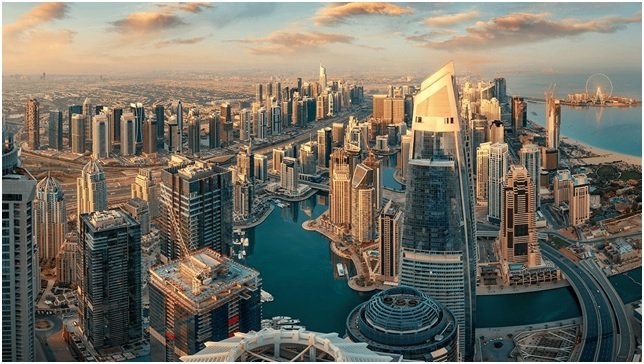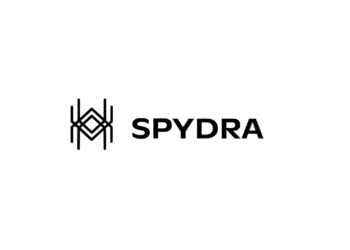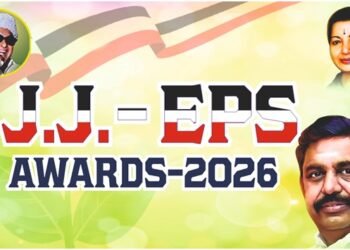Sustainability has become a cornerstone of modern real estate, and Dubai is positioning itself as a global leader in green development. With ambitious goals outlined under various government initiatives, the emirate is rapidly transforming its property market to align with global environmental priorities. Buyers and investors interested in Dubai properties can explore Bayut.com, a leading property portal in the UAE, to discover a wide variety of listings across Dubai communities.
Global Trends Driving Green Real Estate
Sustainable real estate is not unique to Dubai; it is a global movement reshaping how cities are built and inhabited. Key global drivers include:
- Climate change commitments: Countries worldwide are enforcing stricter building codes to cut carbon emissions.
- Investor preferences: International investors are prioritizing sustainable assets that deliver long-term resilience.
- Health and wellness demand: Homebuyers seek properties with better air quality, energy efficiency, and green surroundings.
- Economic efficiency: Sustainable buildings reduce utility costs, appealing to both residential and commercial tenants.
Dubai, with its international real estate profile, mirrors these global shifts, making sustainability both an environmental necessity and an economic opportunity.
Dubai’s Vision for a Sustainable Future
Dubai has positioned itself as a pioneer in sustainability through initiatives like the Dubai 2040 Urban Master Plan, which emphasizes green spaces, energy-efficient transport, and smart urban planning. The emirate aims to transform into one of the most sustainable cities in the world, where 75% of its energy will be sourced from renewables by 2050. This vision directly influences real estate by encouraging developers to align their projects with environmental standards, focusing on eco-friendly communities, smart infrastructure, and efficient resource usage.
Government Regulations and Green Building Standards
A key factor in Dubai’s sustainable property transformation is its regulatory framework.
- Estidama and LEED Certifications: These standards ensure developments comply with global green building benchmarks.
- Dubai Green Building Regulations: Mandates energy efficiency, water conservation, and sustainable construction practices.
- Net Zero 2050 Commitment: Developers are incentivized to reduce carbon footprints in line with the UAE’s long-term environmental goals.
By embedding sustainability into legislation, Dubai ensures that eco-friendly design is no longer optional but a fundamental requirement for new projects.
Technologies Transforming Sustainable Properties
Technology plays a vital role in shaping Dubai’s eco-friendly real estate. Common innovations include:
- Smart home systems: Automated lighting, energy monitoring, and climate control reduce unnecessary consumption.
- Solar energy integration: Rooftop solar panels contribute to cost savings and carbon neutrality.
- Green construction materials: Use of recycled, non-toxic, and energy-efficient materials lowers environmental impact.
- Water recycling systems: Advanced systems reduce water wastage in residential and commercial complexes.
These innovations not only support sustainability but also enhance property desirability and market value.
Impact on Property Values and Investor Demand
Sustainability has shifted from being a niche factor to a strong market driver. Properties with green certifications and energy-efficient features typically command premium values and higher rental yields. Investors view them as future-proof assets, less vulnerable to regulatory changes or rising energy costs.
For end-users, the reduced utility bills, healthier living environments, and eco-conscious lifestyle add tangible value. As a result, sustainable real estate is shaping Dubai’s market by balancing profitability with long-term environmental impact.
Sustainability and Lifestyle: What Homebuyers Are Looking For
Today’s buyers are not just purchasing homes; they are investing in lifestyles. Demand is rising for communities that offer:
- Green open spaces and walkability
- Low-maintenance, energy-efficient homes
- Recycling and waste management facilities
- Access to renewable-powered amenities
Dubai’s property market is evolving to meet these expectations, especially among international buyers who prioritize eco-friendly living.
Challenges Facing Sustainable Real Estate Adoption
- High initial costs: Eco-friendly construction materials and technologies are more expensive upfront.
- Awareness gap: Not all buyers and investors fully understand the long-term value of sustainability.
- Retrofitting older properties: Adapting existing structures to green standards is complex and costly.
- Regulatory enforcement: Ensuring compliance across all developers requires consistent monitoring.
Despite these hurdles, Dubai’s commitment to sustainability is pushing both government and private sectors to accelerate adoption.
Dubai as a Global Leader in Sustainable Real Estate
Dubai’s real estate market is moving toward becoming a global benchmark for sustainability. With Expo 2020’s legacy projects, ambitious energy targets, and the rapid adoption of smart technologies, the city is expected to solidify its position as a hub for eco-conscious property investment. Future developments are likely to integrate artificial intelligence for energy optimization, blockchain for sustainable supply chain management, and larger-scale renewable energy adoption. This will not only boost Dubai’s global competitiveness but also align with its ambition to lead the world in sustainable urban living.
The Path Ahead for Dubai’s Property Market
Sustainable real estate is no longer an optional feature in Dubai, it is reshaping the market’s very foundation. From green-certified buildings to renewable-powered communities, the emirate is making sustainability a priority that benefits developers, investors, and residents alike. As the global demand for eco-friendly living intensifies, Dubai is well-positioned to emerge as a leader in sustainable real estate, blending innovation, regulation, and lifestyle into a future-ready property market.
Frequently Asked Questions
What incentives are available for developers to build sustainable properties in Dubai?
Developers benefit from reduced fees, fast-track approvals, and higher investor interest when they comply with green building standards.
Are sustainable properties in Dubai more expensive to buy?
While initial prices may be higher, sustainable properties often provide long-term savings through lower energy and water bills.
Can older buildings in Dubai be converted to meet green standards?
Yes, but retrofitting requires significant investment in insulation, renewable energy, and efficient systems, making it a gradual process.
How do sustainable developments affect rental yields in Dubai?
Green-certified properties typically achieve higher rental yields due to strong demand from eco-conscious tenants.







![Monitoring Gold Rates Across Cities and Market Segments 5 [009] Gold Investment Strategies for 2024](https://indiacsr.in/wp-content/uploads/2024/06/thumbnail-350x250.jpeg)













